Human trafficking occurs in every country in the world and the war in Ukraine is not just a battleground – it is a hunting ground for human traffickers. The uprooting of many people and the creation of refugees make a war zone ideal for recruitment into slavery.
According to Michael O’Neill, former Chair of the International NGO Safety and Security Association, “The predators are well-organized, well-resourced, and relentless.” Defeating the traffickers, or at least slowing them down, depends on educating the refugees. Too often refugees have no idea of the dangers they face from traffickers while at the same time being exceptionally vulnerable to them.
Here’s what too often happens: A young woman fleeing Ukraine may be weighed down with multiple fears, including that she: Doesn’t have a place to stay; doesn’t speak the language; is afraid for her husband’s life; is separated from her family and what was once her support system; has lost all her material possessions. Additionally, she’s exhausted from a 22-hour trip. She is now the perfect target for a seemingly kindly stranger who offers her a hot meal and a place to stay. Unfortunately, that “kindly” stranger may whisk her away to another country where she may disappear forever into the sex trade.
Also, members of trafficking rings target relief organizations. They know that if they manage to be accepted as a volunteer, they’ll have inside information on who is vulnerable and how to get to them.
Sex trafficking is not a new phenomenon in Ukraine, a country long-known as a hub for transnational organized crime syndicates involved in all manner of black-market illicit activity.
“But it has exploded since Russia invaded” in February, according to Mariya Dmytriyeva, a Kyiv-based women’s rights advocate for the Democracy Development Center, an NGO that works on the development of civil society and state of law in Ukraine.
Dmytriyeva said the many criminal mafias in and around Ukraine flock to sex trafficking because of the lax attitude toward it among authorities. The pimps, hustlers and crime syndicates responsible for it are rarely arrested and almost never prosecuted. And there are far more lenient penalties for those who are than for drug trafficking and other serious crimes.
“We know that organized crime is using this because it is much easier to sell a girl than to sell a bunch of cocaine,” she said. “And there is this famous saying here that you can sell a kilo of cocaine only one time, but you can sell a 12-year-old girl until she dies.”
In the nearly three months since Russia’s invasion, the signs of sex trafficking have been everywhere, officials and experts report.
In Ukraine itself, hundreds of women and girls have reported experiencing sexual violence, including rape, to the country’s officials who work for human rights.
Russian soldiers – and even some opportunistic taxi drivers – are suspected of facilitating the trafficking of women and girls or forcing them to flee into Russia where they fall prey to organized crime syndicates who exploit them, according to other advocates on the ground.
In neighboring countries Poland, Moldova, Romania, Slovakia and Hungary, where most Ukrainians initially landed, reports of suspected trafficking have spiked. An unknown number of the more than two million who have made it to points beyond also have been victimized, according to recent reports by the United Nations, the OSCE and numerous advocacy and humanitarian groups.
To help address the issue, the International Organization for Migration (IOM) Ukraine, has scaled up the work of the National Migrant Advice and Counter-Trafficking Hotline 527, by extending opening hours, doubling the number of advisers and offering reliable and updated information on a wide range of topics. The hotline, which can be accessed from within Ukraine, has already provided over 12,000 consultations to over 2,400 callers received from 24 February to 16 March only, which is 60 percent more compared to the same period last year. More than half of the people calling are newly displaced persons. The hotline provides verified information on rights and obligations related to the current procedures of border crossing, services within Ukraine and neighboring countries, work of border-crossing points, safe travel and countering human trafficking.
The IOM-supported National Migrant Advice and Counter-Trafficking Hotline can be reached in Ukraine at 527 (free from mobile phones) or at 0 800 505 501 (free from landline phones) from 8 a.m. to 8 p.m. Those staying abroad can reach hotline consultants at 527.hotline@gmail.com.
Exploiting the turmoil
La Strada International, a consortium of dozens of advocacy groups, research, conducted over the past two months, found that unaccompanied children, undocumented people and those who might not have access to the temporary protection offered in European Union countries face the greatest danger.
“And the dangers will grow as the war continues, with more people becoming displaced within Ukraine, making access to services and livelihoods increasingly precarious, while millions of refugees will need to settle for longer periods in other European countries and start accessing the labor market,” the La Strada report said. ~ submitted by Karol Brewer, Guadalupe Province Action and Advocacy Coalition

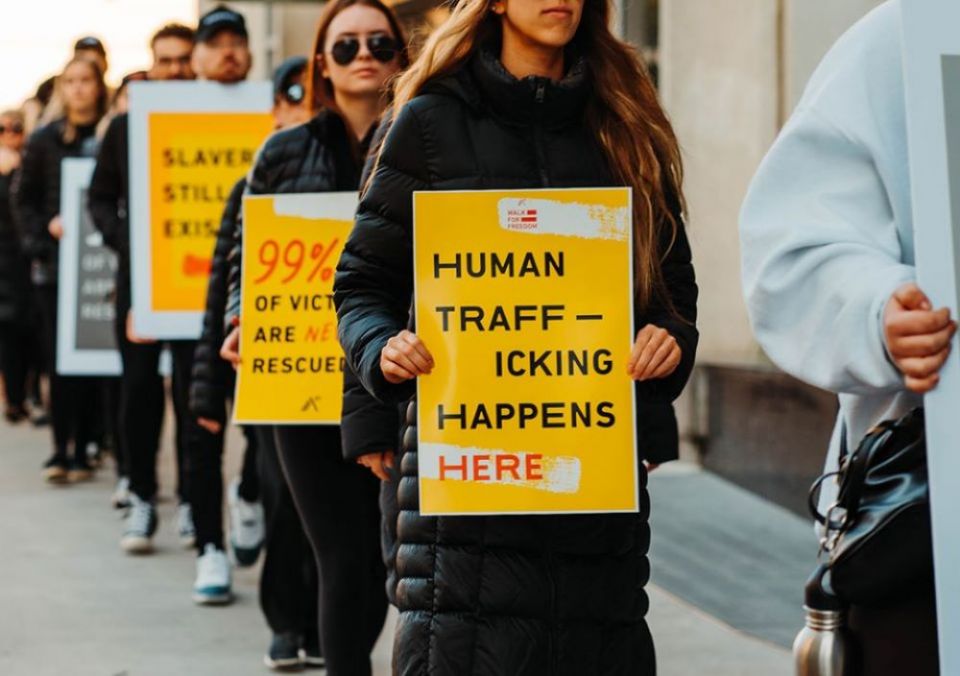
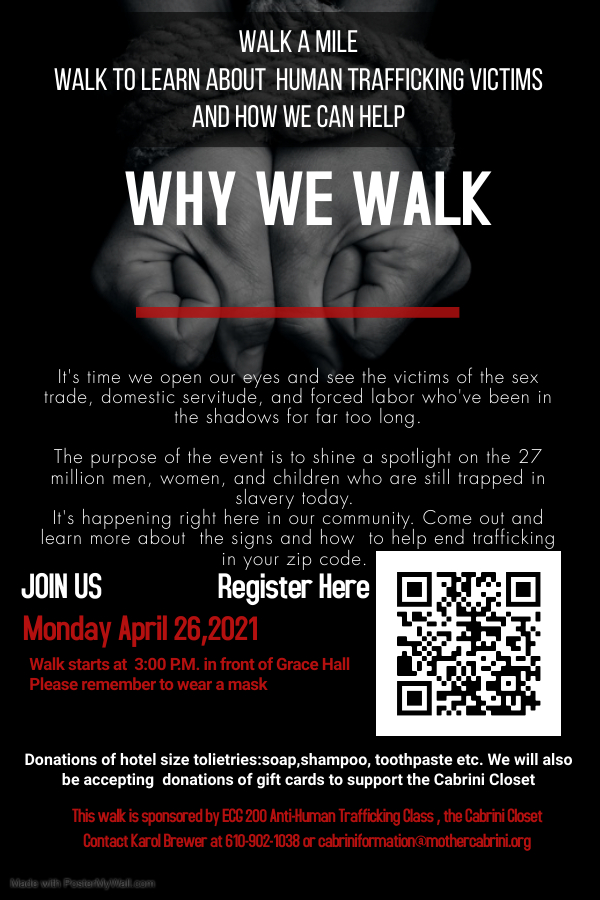
 ~ by Chris Herlinger, Global Sisters Report
~ by Chris Herlinger, Global Sisters Report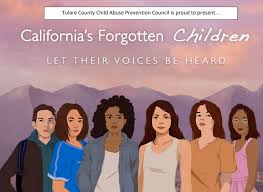
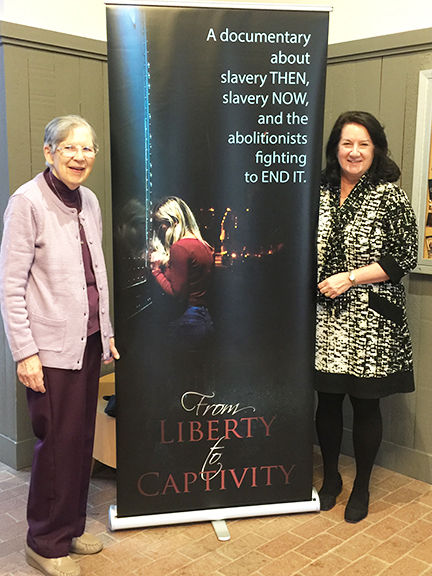 , Cabrini University, in collaboration with the Cabrini Action and Advocacy Coalition (CAAC), hosted a premier film debut which places an intensive focus on sex trafficking in the Commonwealth of Pennsylvania. Faculty, staff, students, alumni and community members “walked the red carpet” to attend this special screening.
, Cabrini University, in collaboration with the Cabrini Action and Advocacy Coalition (CAAC), hosted a premier film debut which places an intensive focus on sex trafficking in the Commonwealth of Pennsylvania. Faculty, staff, students, alumni and community members “walked the red carpet” to attend this special screening.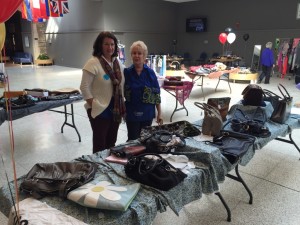 One such advocacy organization is Dawn’s Place, a shelter in our area, – a sanctuary, really, – for women who have fallen victim to human trafficking and sexual exploitation. Their staff members provide these women with a home-like environment where they are accompanied in their transition back into society.
One such advocacy organization is Dawn’s Place, a shelter in our area, – a sanctuary, really, – for women who have fallen victim to human trafficking and sexual exploitation. Their staff members provide these women with a home-like environment where they are accompanied in their transition back into society.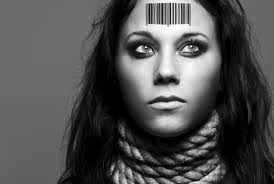
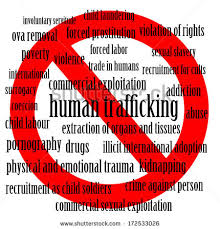 What does Safe Harbor do?
What does Safe Harbor do?